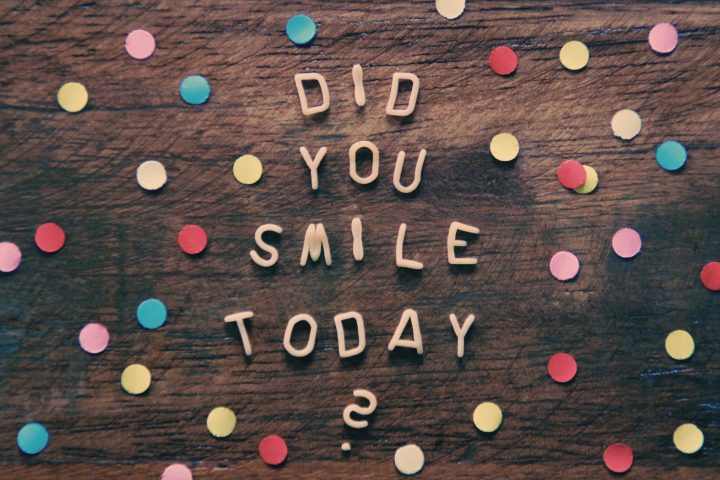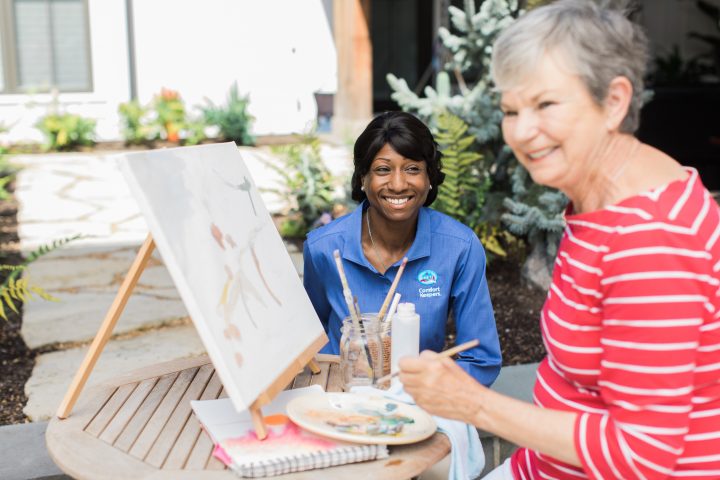Falls can have life-altering consequences for older people. Having a fall can increase the risk of serious injuries and disabilities and can have long-lasting psychological consequences. According to the HSE, one in three older people fall each year and two-thirds of them fall again within six months. Thankfully there are steps we can take to radically reduce the risk of a fall. These simple tips and precautions for preventing elderly falls can create a safer home. Each can really help an older person’s quality of life.
Install safety bars and rails
Handrails and safety bars can be key in providing support for mobility around the home. We’re all used to using the handrail to help ourselves go down staircases safely but extra rails can be installed for support around the house. Particular ones to consider include grab bars in bathtubs or next to toilets and railings in hallways. This equipment is a small change that can really improve safety in the home.
Clearing clutter and keeping tidy
The easiest way to keep the house safe is by ensuring clear paths and tidy homes. This is the easiest step in elderly fall prevention. The more clutter in the home, the more tripping hazards that will arise. Support older people by helping to clear the clutter and keep everything neat, particularly in hallways and on staircases.
Encourage improvements to physical health
Having a workout plan can really help decrease the risks of a harmful fall. A small bit of accessible exercise each day can help strengthen muscles, limbs and tissue and encourages improved coordination and resilience. Use exercise programs that reinforce vulnerable areas and boost overall physical health.
Wearing appropriate, safe clothing
Appropriate clothes are vital in staying safe from falls at home. Wearing socks around the house may be comfortable but socks are less slip-resistant than shoes or slippers so always wear the right footwear. Similarly, baggy clothing can be a trip hazard or can get caught on rough surfaces around the home and result in falls. Wear comfortable clothing but ensure that it is fitted suitably.
Take care of your eyes and ears
Make sure to regularly get eye and ear checks. Decreased hearing and eyesight can affect environmental awareness resulting in an increased risk of falling. Worsened hearing dramatically affects your balance so make sure to check in with a doctor if you’ve noticed any deterioration. Similarly, eyesight problems are a risk so it’s important to always have the right sight aids.
Manage medications
Certain medications can have side effects such as dizziness or faintness. Always notify a doctor if this is happening for you or a loved one – the doctor may need to change the dose or look into alternatives that do not put you at a higher risk of falling.
We hope this guide provided you with some insight into preventing elderly falls at home.
Connect with us
To begin starting care for your loved one, you can click here.
To join our incredible award-winning team, you can apply now by clicking here or emailing your CV to recruitment@comfortkeepers.ie


